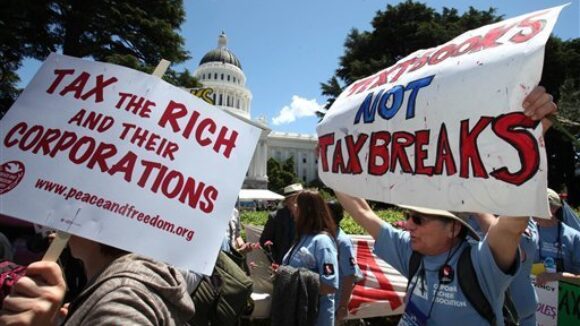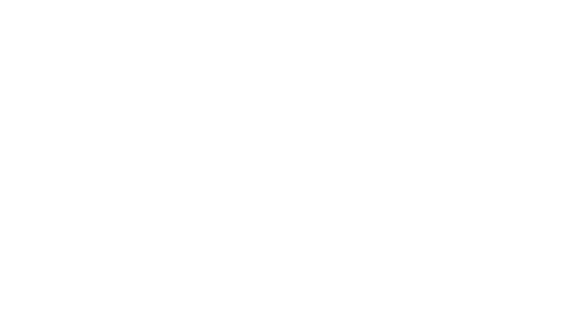You Hate to Say We Told You So But…Obama Bailouts
Liz Peeks discovers the nasty truth of the Obama auto bailouts -- they were a "Hefty Union Payoff": [media-credit name="NRTW Committee®" align="alignright" width="300"][/media-credit] In the second presidential debate, Mr. Obama attacked early on, saying, “Governor Romney said we should let Detroit go bankrupt.” Note to Obama fans: GM did go bankrupt – filing for Chapter 11 protection against its creditors on June 1, 2009. It’s what happened next that the president can take credit for – a handout of $49.5 billion in taxpayer money to GM, some $27 billion of which remains outstanding, and another $17 billion to its financial arm Ally Financial, which still owes $14.7 billion. In other words, Obama didn’t save General Motors; American taxpayers did, with an assist from the Federal Reserve. While liberals rant about the bailouts of Wall Street, it is worthwhile noting that of the $417 billion in TARP funds spent to stabilize the economy, only $65 billion has yet to be repaid – and more than half of that is owed by GM and Chrysler. The latest TARP report from the Congressional Budget Office says that the government invested nearly $80 billion in those two auto giants and that taxpayers are still on the hook for roughly $37 billion. In the same report, the CBO projects that handouts to Wall Street firms will ultimately net the government a cool $11 billion profit. They say the auto industry, on the other hand, will never pay back taxpayers. According to the congressional bean counters, $20 billion is gone for good.


